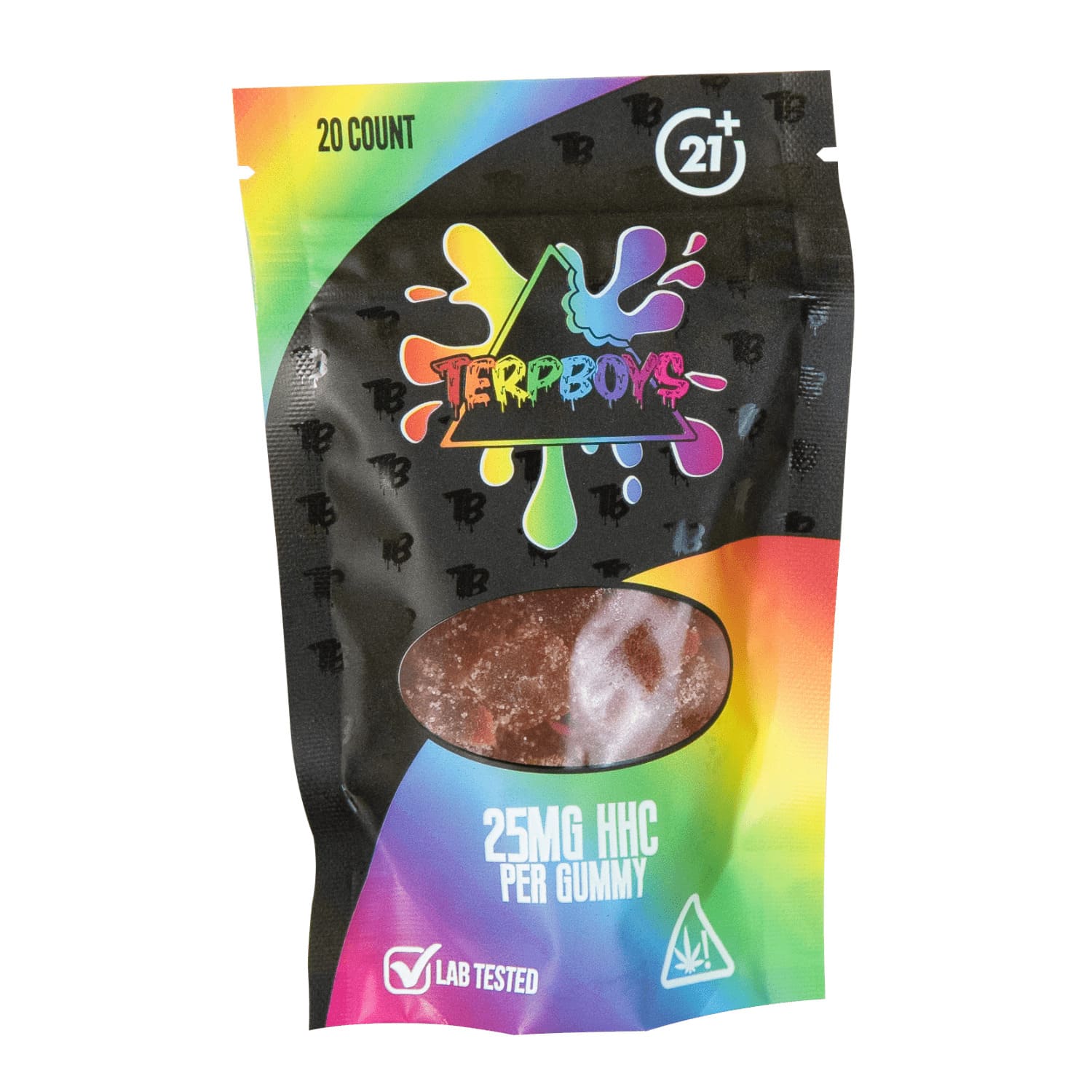Product Offers
Share your best offers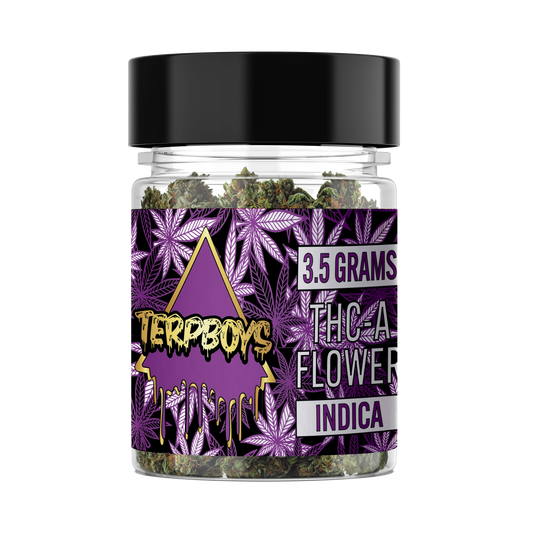

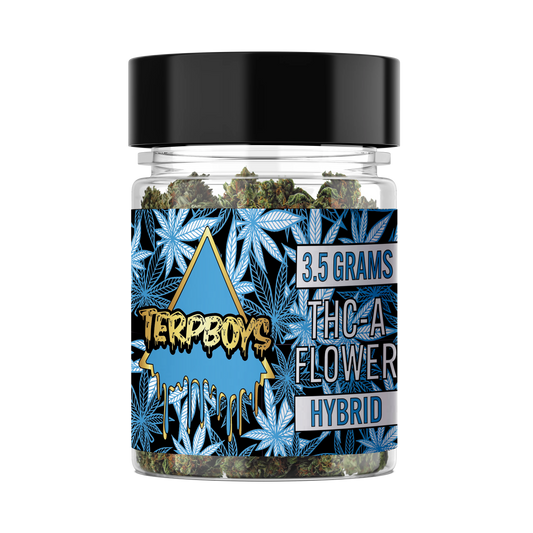
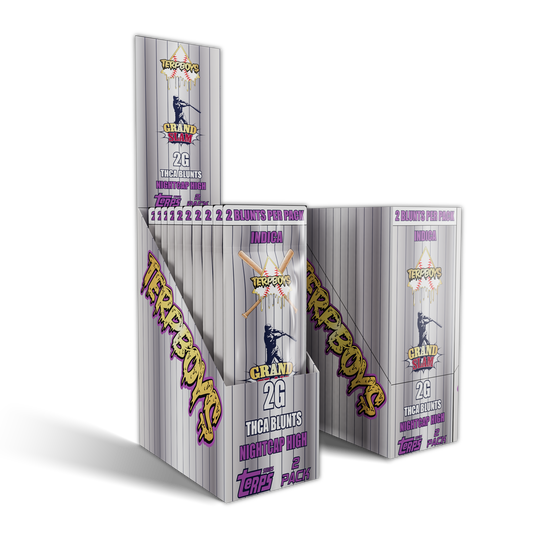
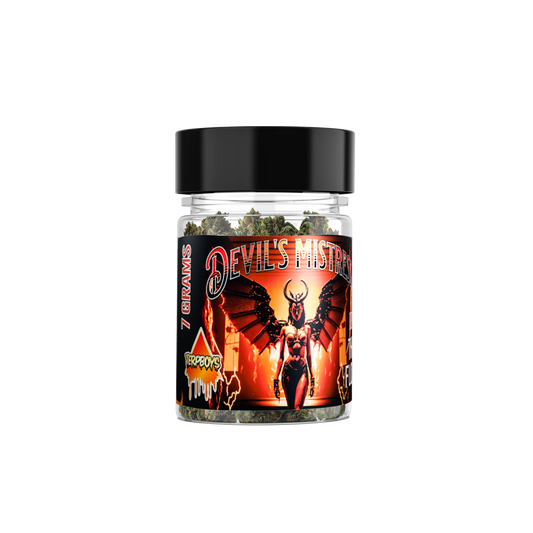
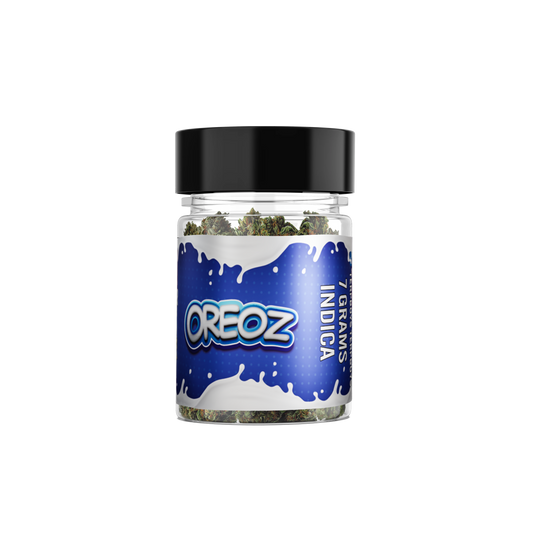
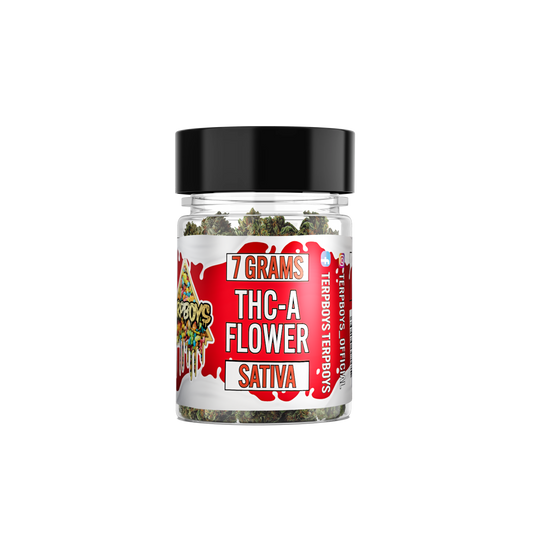
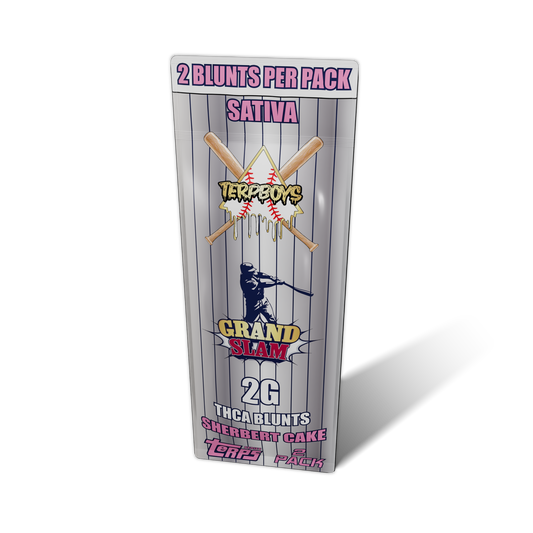
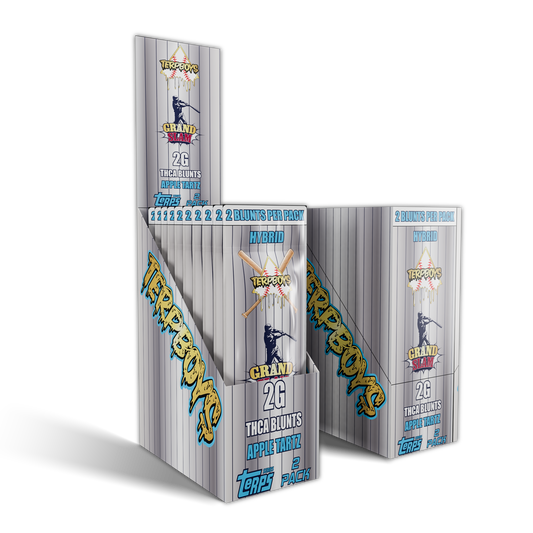
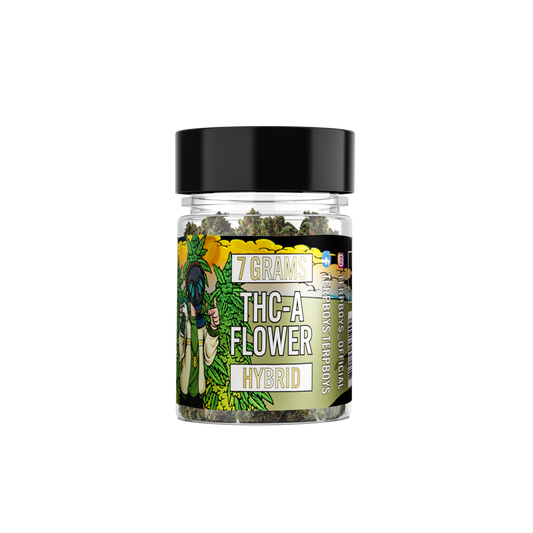
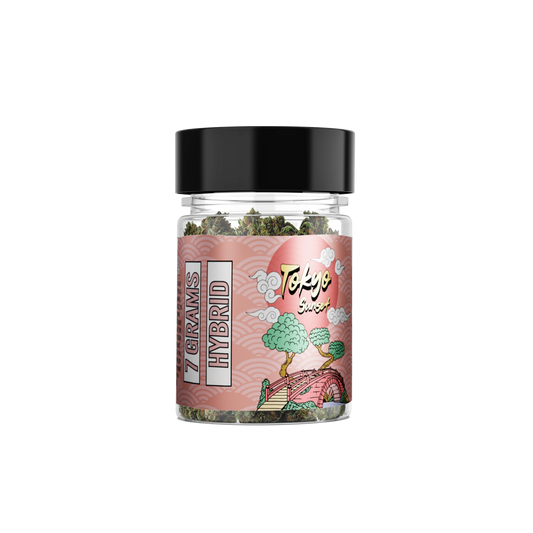
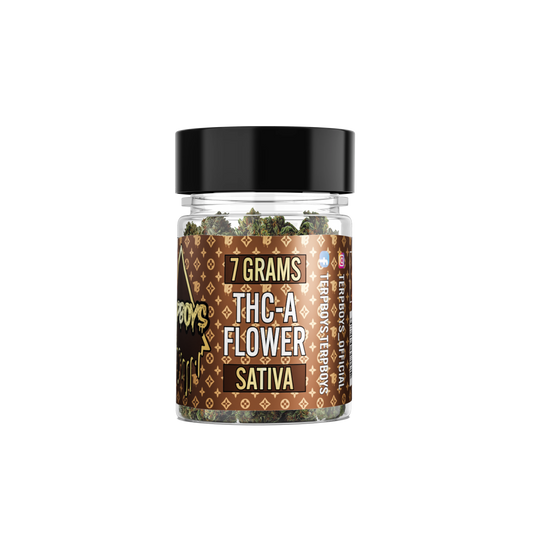
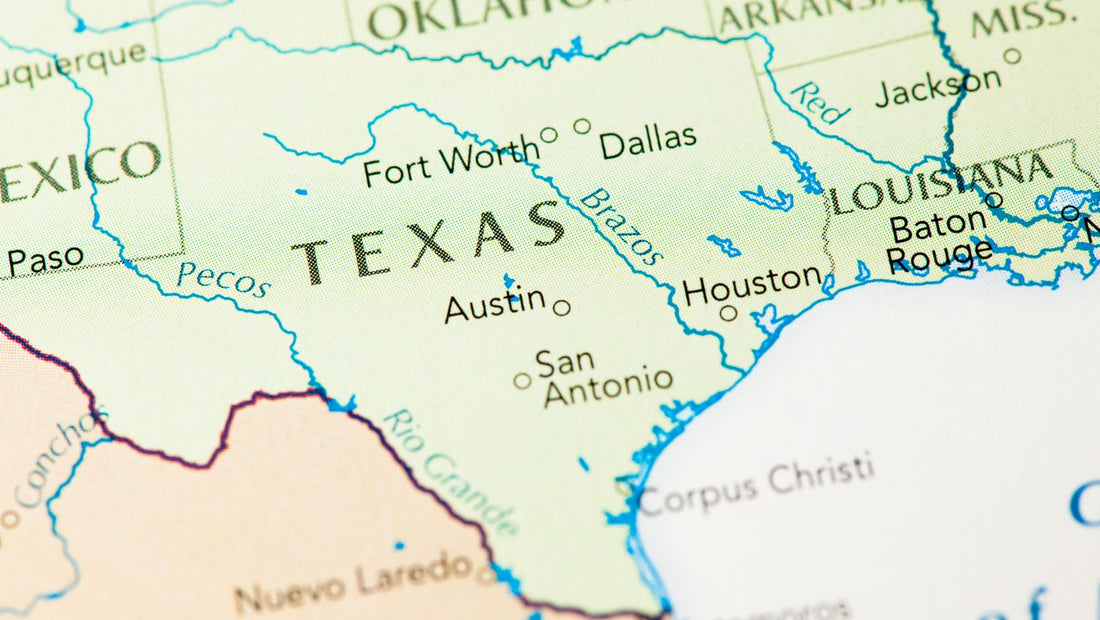
Is Delta 8 Legal in Texas?
Explore the legality of Delta 8 in Texas, understand current laws, and stay informed on future changes. Learn more now!

Delta 8, also known as delta-8-tetrahydrocannabinol, has significantly grown in popularity since its legalization at the federal level in 2018.
While this hemp derivative has become broadly accepted in many areas, not all states align with the federal viewpoint. So, what is the status of delta 8 in Texas?
Currently, it remains legal. However, the hemp industry can be complex, and we’re here to guide you through the occasionally unclear aspects of cannabinoid legality.
Is Delta 8 Legal in Texas?
Navigating the legality of delta 8 in Texas can be quite complex due to the ever-evolving legal environment. As it stands, delta 8 is provisionally legal in the state, but the details surrounding its legality are more nuanced. Here’s an overview to help clarify.
Texas aligns its hemp regulations with the federal government, particularly adhering to the 2018 Farm Bill which federally legalized hemp and all its derivatives. This legislation also made a critical distinction between marijuana and hemp, primarily based on their THC content.
Marijuana is classified as cannabis containing more than 0.3% THC, whereas hemp includes cannabis strains that have 0.3% THC or less. This distinction is key in differentiating legal activities involving these plants.
While marijuana remains illegal under both federal law and in Texas, hemp-derived products like delta 8 THC are legal under federal law because they are derived from hemp. This legal grey area has allowed for the emergence of delta 8 retail outlets in Texas, capitalizing on the increasing consumer recognition of delta 8 as a legal and safe product.

In 2019, Texas took further steps by enacting Chapter 121 of the Texas Agriculture Code, mandating the state to oversee and regulate industrial hemp production. Additionally, Chapter 122 of the Texas Agriculture Code was implemented to outline statutory requirements for hemp, including necessary licensing and testing protocols.
Furthermore, the Texas Health and Safety Code through Chapter 443, established by House Bill 1325, permits the sale of Consumable Hemp Products as long as they contain no more than 0.3% delta-9-tetrahydrocannabinol (THC). However, any concentrations of delta 9 THC exceeding this limit, including delta 8 in higher concentrations, are classified as Schedule I controlled substances and are illegal.
The DEA's update to its scheduling regulations in August 2020, which exempted hemp from the controlled substances list as long as it contains less than 0.3% THC, further complicates the landscape. This development underscores the legal complexities surrounding delta 8's status in Texas.
Delta 8 and Its Legal Status in Texas
While Delta 8 remains legal in Texas for the time being, this does not imply a lenient stance on all cannabis products in the state. While medical marijuana is subject to its own set of rules—which we'll explore in more detail later—recreational marijuana is still completely prohibited.
In Texas, carrying up to two ounces of cannabis can lead to a Class B misdemeanor charge, which carries penalties of up to six months in jail, a fine reaching $2000, or both. However, various local governments have passed laws to reduce these penalties.
After the federal Farm Bill and similar state laws were passed, Delta 8 products, like delta 8 vapes, began appearing in smoke shops, convenience stores, and even gas stations, quickly becoming popular.
However, not all Delta 8 products are of the same quality, and there are important factors to consider to ensure you're getting the safest and highest-quality Delta 8 products, particularly during these unpredictable times.
Unpacking the Delta 8 Hype in Texas
It might seem straightforward, right? Delta 8 is federally legal, and it aligns with Texas laws as long as it stays under the 0.3% THC threshold set by the Farm Bill. However, the answer to "Is delta 8 legal in Texas?" isn't as simple as it appears. Here’s where things start to get complicated.
As reported by the Houston Chronicle, whenever the DEA revises its stance on controlled substances, states have the option to either accept these changes or maintain their current regulations.
In January 2021, the Texas Department of State Health Services (DSHS) Commissioner chose to disregard the DEA’s modifications, opting instead to uphold Texas's stricter THC limits, which effectively questioned the legality of delta 8 in the state.
In that same month, the Texas Register discreetly added a document designating delta 8 as a Schedule I Controlled Substance. This addition was made without a public hearing or prior notice, sparking significant controversy.

This secretive approach was further complicated by the document being uploaded as an image file instead of in searchable formats like PDF or HTML, making it virtually unsearchable using common search terms.
You would have to manually sift through nearly a hundred pages to locate it. Additionally, DSHS conducted a public hearing that went unnoticed because they did not properly notify the public or industry stakeholders.
The lack of transparency from the state in how they introduced this legal amendment was glaring. Although an initial request for a temporary restraining order to halt the ban was rejected, it was later approved in November 2021.
A final hearing was scheduled for January 2022, but it was unexpectedly canceled and has not been rescheduled. As it stands, no new court date has been set, and it could be many months, or even longer, before it occurs.
Meanwhile, thanks to the temporary restraining order resulting from the lawsuit, delta 8 remains legal to purchase and sell in Texas. However, its long-term legal status is still very much uncertain.
Navigating Delta 8 Shipping in Texas
Texas has a set of specific regulations under its Consumable Hemp Program, which also covers THC products. If regulations are upheld, here are the requirements for those looking to distribute hemp-derived cannabinoids in the state:
Obtaining Necessary Licenses and Registrations
Texas facilitates an online system for licensing consumable hemp manufacturers and distributors, as well as registering retail sellers of Consumable Hemp Products (CHPs).
Retail Hemp Registration is necessary for sellers who:
- Distribute CHPs without altering the products or their packaging.
- Sell CHPs exclusively online without modifying the product or its packaging. Essentially, if you're distributing hemp products in Texas without directly manufacturing or packaging them, you must acquire a Retail Hemp Registration.
A Consumable Hemp Product License is required for those who:
- Manufacture CHPs, encompassing activities like preparation, processing, packaging, and labeling.
- Use private or white labeling for CHPs, meaning they repackage products manufactured by others under their own brand.
- Distribute CHPs on a wholesale basis. License applicants must provide fingerprints, undergo background checks, and submit three key documents:
- An FBI Authorization Form
- A Property Owner Letter for the hemp
- A legal description and coordinates of the property
According to recent USPS regulations, hemp products can legally be shipped through the United States Postal Service. This assures customers that purchasing delta 8 products, like delta 8 gummies, online is both safe and compliant, making online stores a reliable source for high-quality THC products in Texas.
The Expanding Cannabis Market in Texas: Delta 8 and Medical Marijuana
While recreational cannabis remains illegal in Texas, medical marijuana is thriving under the state's Compassionate Use Program (CUP), which allows the prescription of low THC cannabis for medical purposes. This raises the question of how the legal status of delta 8 in the hemp market might influence Texas's growing medical cannabis economy.
Texas Medical Cannabis Overview
Texas operates under a Compassionate Use Program that permits designated physicians to prescribe cannabis with low THC content for specific medical conditions.
Texas defines "Low THC" as products derived from the Cannabis Sativa L. plant, including any part or derivative containing no more than 0.5% THC by weight. Notably, the law restricts usage to oral consumption only—smoking is not permitted.
Medical cannabis was legalized in Texas six years ago, with significant expansions made in 2021 through House Bill 1535, which added cancer and PTSD to the list of qualifying conditions.
Qualifications for Low THC Cannabis in Texas:
- Eligible conditions include epilepsy, seizure disorders, multiple sclerosis (MS), spasticity, ALS, autism, cancer, incurable neurodegenerative diseases, and PTSD.
- Patients must be permanent residents of Texas and receive a prescription from a physician registered with the CUP, who has determined that the benefits of low THC cannabis outweigh the risks.
- There is no age restriction for obtaining a prescription, although minors may require a legal guardian's assistance.
Patients or their guardians must present a prescription at a licensed dispensary, where they'll need to provide identification, the patient’s last name, birth date, and the last five digits of their Social Security Number to receive their medication.
Delta 8 Legality in Texas vs. Other States
The legality of Delta 8 THC varies significantly across the United States, with Texas presenting a particularly complex case.
While federally legal under the 2018 Farm Bill—as long as the product is derived from hemp and contains less than 0.3% Delta 9 THC—the state-level legal status can differ drastically due to individual state regulations and interpretations.

In Texas, the situation regarding Delta 8 has been quite fluid. Initially, Delta 8 was legal following the federal guidelines. However, in January 2021, the Texas Department of State Health Services (DSHS) made moves to classify Delta 8 as a Schedule I Controlled Substance, leading to legal battles and temporary restraining orders that have since allowed the continued sale and purchase of Delta 8, albeit under precarious legal circumstances.
Contrastingly, other states have a range of stances on Delta 8:
- Alaska, Arizona, Arkansas, Colorado, Delaware, Idaho, Iowa, Mississippi, Montana, Rhode Island, and Utah have all banned Delta 8 due to its psychoactive nature and lack of FDA approval.
- Florida, Georgia, and Oklahoma allow Delta 8 under specific regulations that align closely with the federal guidelines, permitting the sale and use as long as the products are derived from legally grown hemp and contain less than 0.3% Delta 9 THC.
- Oregon and Michigan have regulated Delta 8 more formally, with state laws that ensure all products are tested and labeled accurately, providing a safer consumer experience.
| State | Legal Status of Delta 8 THC |
|---|---|
| Texas | Temporarily legal with ongoing legal disputes |
| Alaska | Illegal |
| Arizona | Illegal |
| Arkansas | Illegal |
| Colorado | Illegal |
| Delaware | Illegal |
| Idaho | Illegal |
| Iowa | Illegal |
| Mississippi | Illegal |
| Montana | Illegal |
| Rhode Island | Illegal |
| Utah | Illegal |
| Florida | Legal under state regulations |
| Georgia | Legal under state regulations |
| Oklahoma | Legal under state regulations |
| Oregon | Legal with stringent state regulations |
| Michigan | Legal with stringent state regulations |
Key Considerations for Purchasing Delta 8 in Texas
Purchasing delta 8 in Texas, or elsewhere, often favors online stores for several reasons: convenience, variety, legitimacy, and the accessibility of lab tests make online shopping a superior choice. However, if you prefer buying delta 8 in person, there are essential factors to consider:
Convenience & Variety
Online shopping is usually the best option for purchasing Delta 8 products in Texas, offering greater convenience and variety than physical stores. Given Texas's vast size, finding a reputable local source can be challenging, whereas online stores provide easy access to a broader range of products from the comfort of your home.
Lab Tests & Safety
It's crucial to verify the purity and potency of Delta 8 products before purchase. Due to the sparse regulation of hemp products, ensure that you buy from companies that perform third-party lab testing. Reputable companies will provide access to these test results, ensuring their products are free from harmful substances like pesticides and accurately reflect the advertised potency.
Reputation
Consider the reputation of the company when making a purchase. Online reviews and customer testimonials can offer insights into the quality of products, the fairness of pricing, the efficiency of shipping, and the quality of customer service. Pay attention to how the company responds to customer inquiries and complaints.
Transparency
The transparency of a company is crucial. A trustworthy supplier will openly share detailed information about their product sourcing, manufacturing processes, and lab testing. Avoid companies that lack transparency or do not provide sufficient product information.
Are Other Hemp-Derived Cannabinoids Legal in Texas?
While Delta 8 is often the star of the show among hemp-derived cannabinoids, it’s far from the only noteworthy compound derived from hemp. Numerous other cannabinoids each offer unique effects and potential benefits. But are these other cannabinoids legal in Texas?
- Delta 10: Known as one of the mildest cannabinoids on the market, Delta 10 offers an energizing buzz that enhances focus and stimulates creativity, making it ideal for beginners due to its minimal risk of anxiety or paranoia.
- HHC (Hexahydrocannabinol): Provides a relaxing yet uplifting effect that's strong enough to be enjoyable but mild enough to avoid overwhelming sedation. It fits nicely between Delta 8 and Delta 9 in terms of potency.
- Delta 9 (delta-9-tetrahydrocannabinol): The classic cannabis compound, well-known for its potent effects. It's approximately twice as strong as Delta 8 and represents the traditional "high" associated with cannabis.
- THCP (tetrahydrocannabiphorol): Currently the most potent discovered cannabinoid, THCP binds to cannabinoid receptors up to 33 times more than Delta 9, offering extremely psychoactive effects.
Conclusion
In summary, while Delta 8 THC currently remains legal in Texas due to a temporary restraining order, the future of this cannabinoid hangs in the balance. The state’s approach to Delta 8 reflects broader uncertainties in cannabis law, where rapid legal changes and court challenges are common.
Texans interested in Delta 8 should stay informed about ongoing legal proceedings and potential legislative changes. As the legal status of Delta 8 and other cannabinoids evolves, understanding the law will be crucial for those wishing to use, sell, or distribute these products legally.
FAQs
Can I manufacture Delta 8 products in Texas?
Yes, manufacturing Delta 8 products is currently legal in Texas, but producers must comply with state hemp regulations.
Are there age restrictions for purchasing Delta 8 in Texas?
While not explicitly stated in state law, most reputable retailers require customers to be at least 21 years old.
Is Delta 8 covered by medical marijuana laws in Texas?
No, Delta 8 is not covered under Texas medical marijuana laws as it is sourced from hemp, not marijuana.
Can I use Delta 8 publicly in Texas?
Public use of Delta 8 is not regulated by specific laws but using it in public can attract legal attention and is not advisable.
Do I need a special license to sell Delta 8 in Texas?
While a specific Delta 8 license isn't required, vendors need to comply with general state regulations for selling hemp products.
What happens if Delta 8 becomes illegal in Texas?
If Delta 8 is banned, possessing or selling it would be illegal and could result in penalties similar to those for controlled substances.
How can I stay updated on the legal status of Delta 8 in Texas?
Regularly check updates from legal resources, state health departments, and advocacy groups like the U.S. Hemp Roundtable.
Can I travel to other states with Delta 8?
Traveling with Delta 8 is risky as its legality varies by state. It’s best to check the laws of the state you plan to visit.
